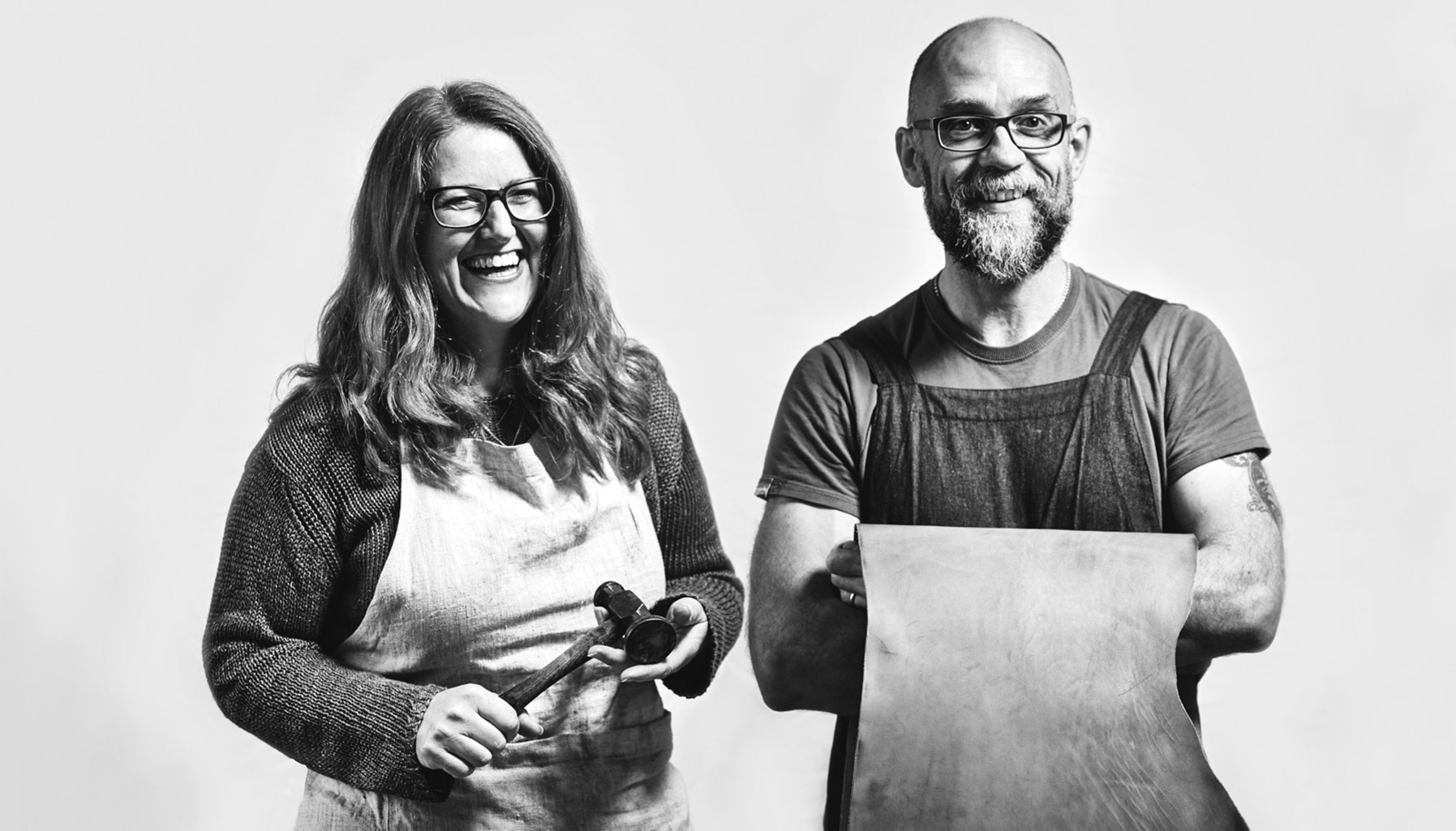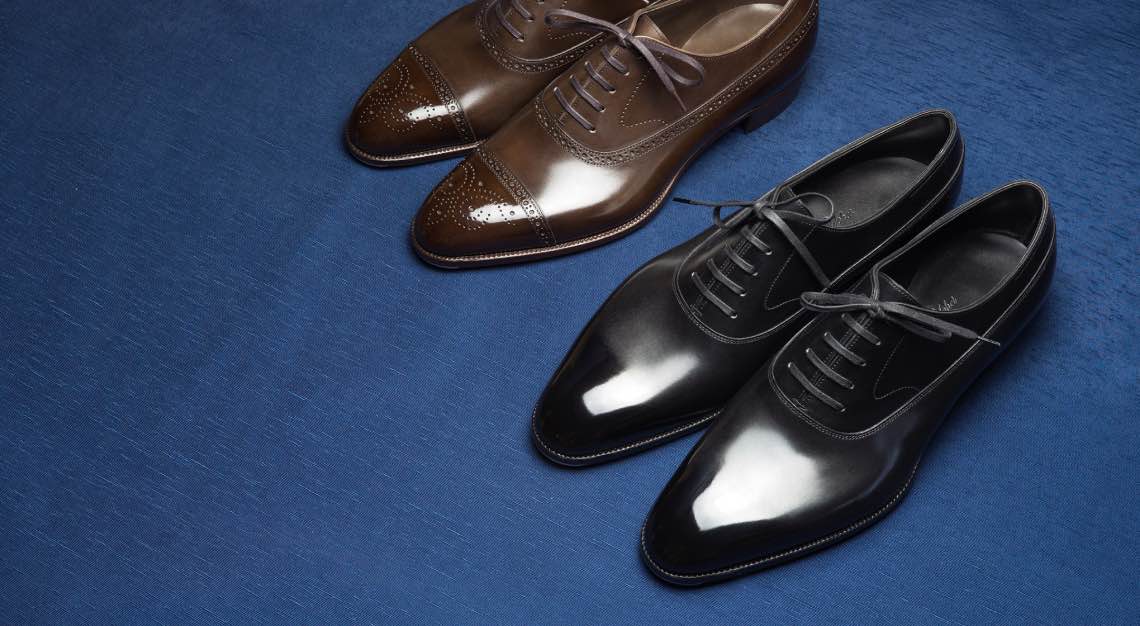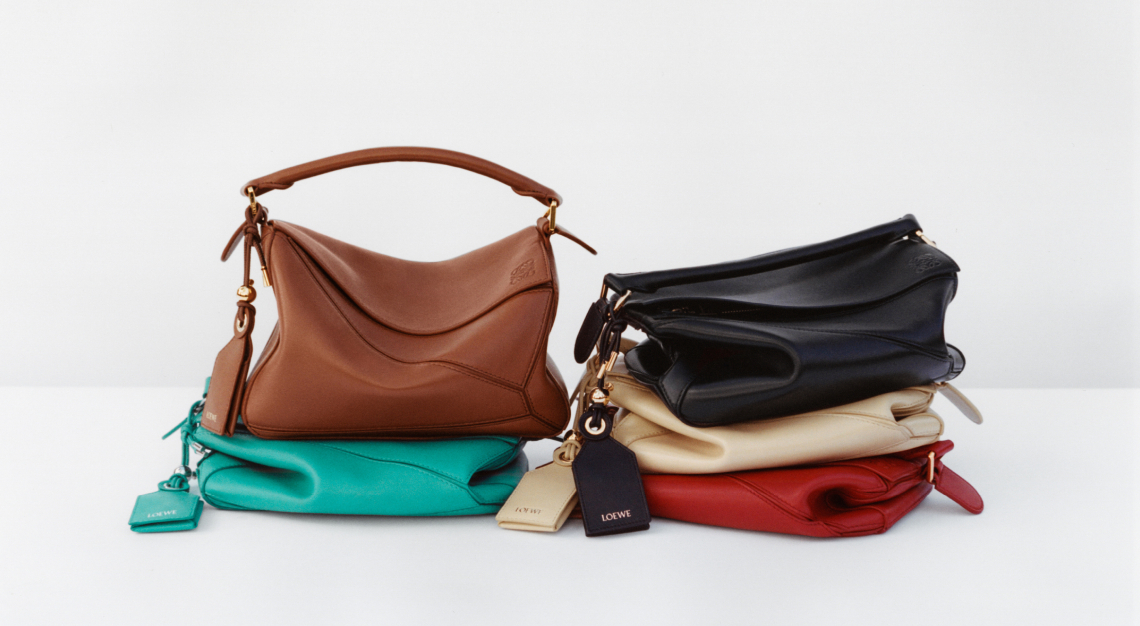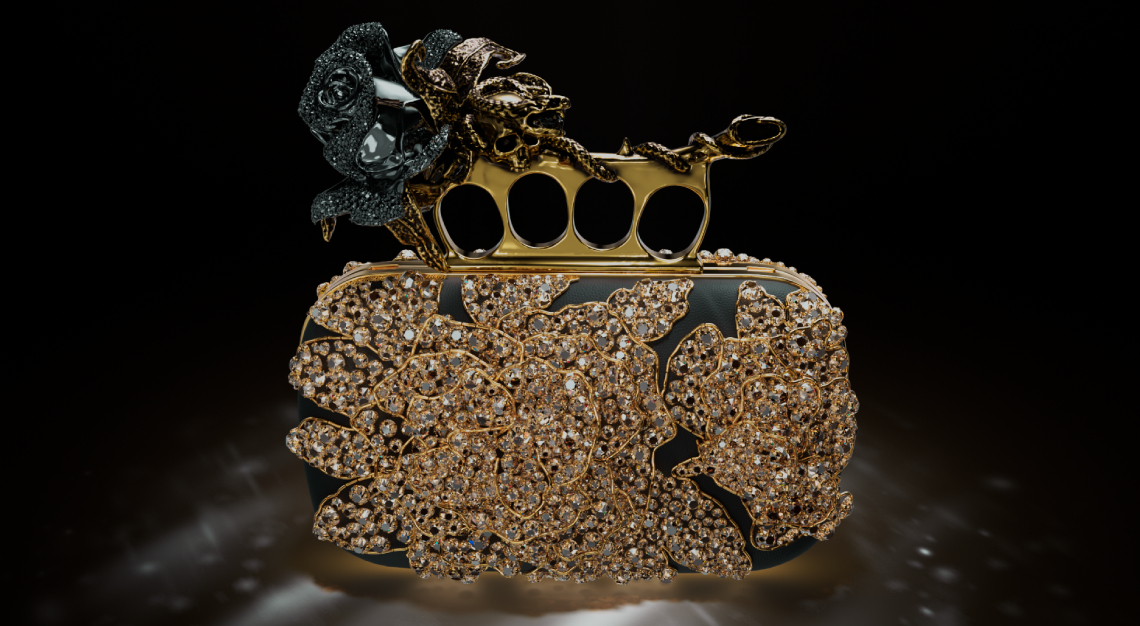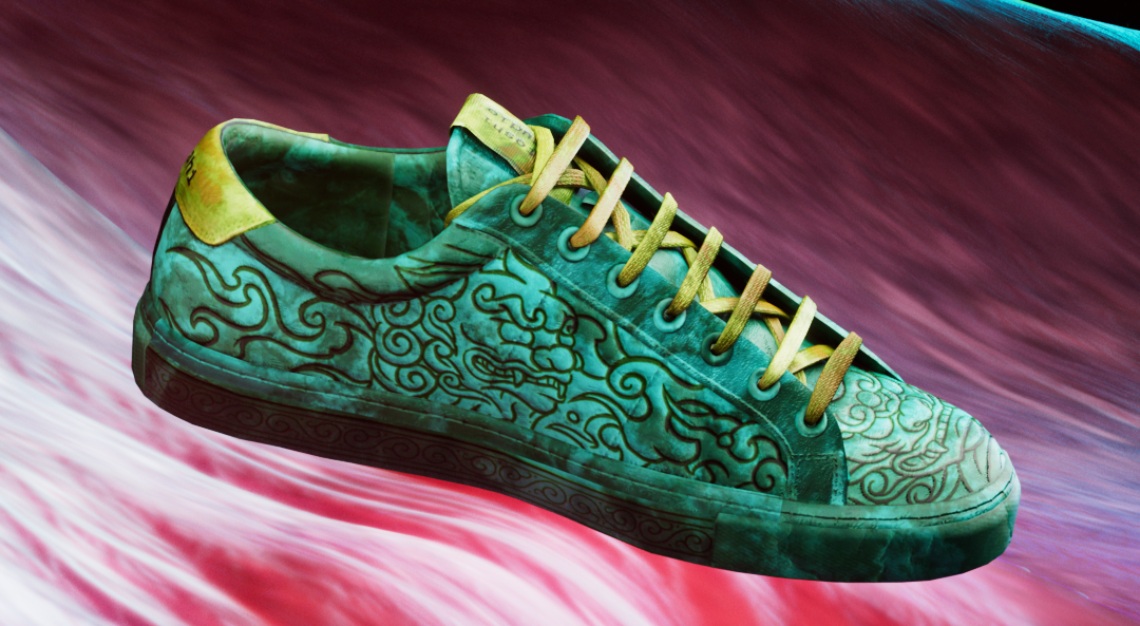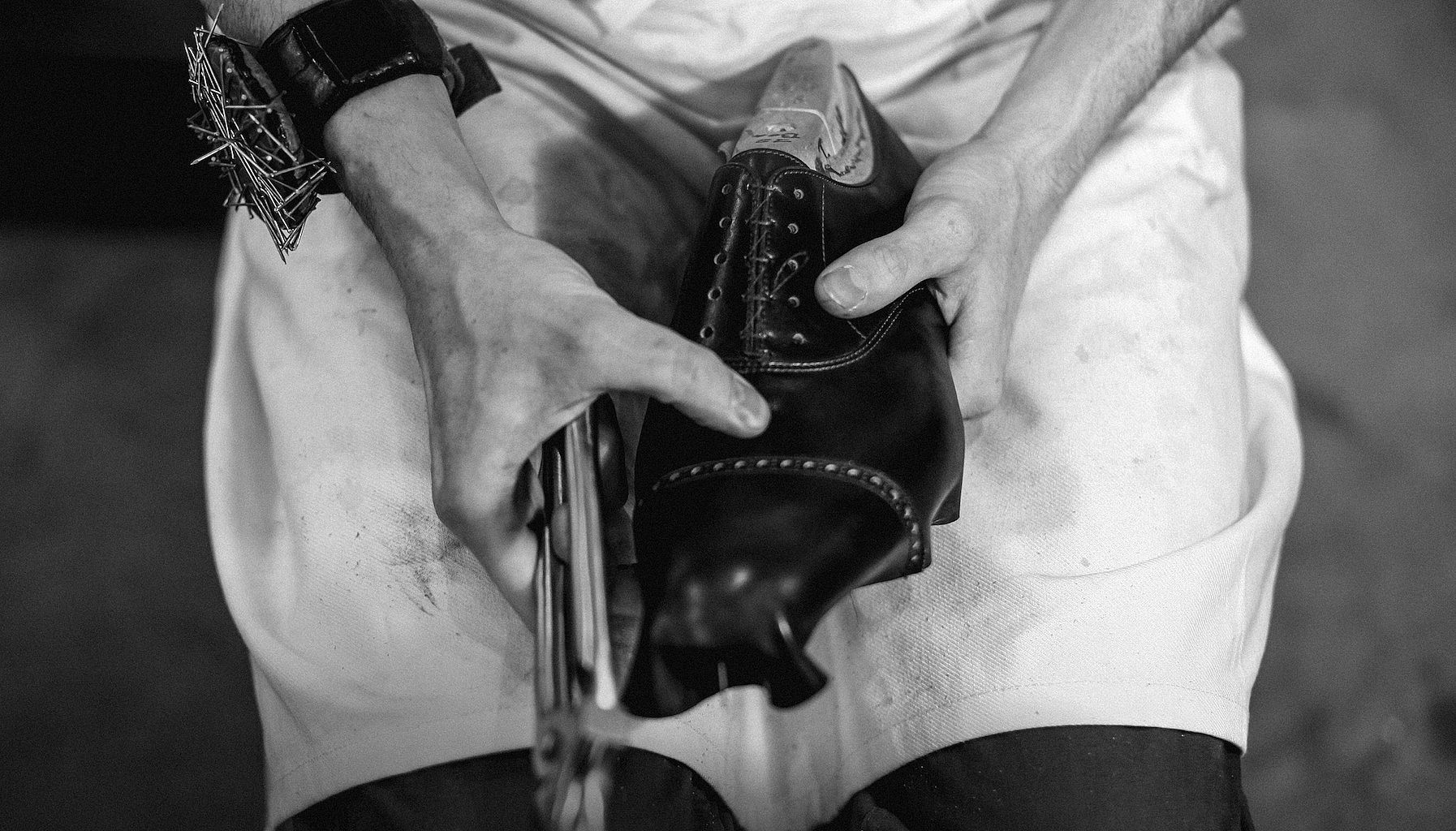Carre for the course

“We never let anyone fail,” says Deborah Carre, of her ‘no man left behind’ teaching philosophy. “Of course, some people are more dextrous than others, but most people just take great pleasure in doing something so far away from their norm, even if they know it’s not going to become their new hobby. They realise that when they see just what hard work it is.”
Carre – one half of the London-based footwear brand CarreDucker — is at pains to get this message across: shoemaking by hand is not for the faint-hearted or sensitive-fingered. It is something her students — a mix of the craft-curious and those looking to become shoemakers themselves — soon learn on their London- or New York-based bespoke shoemaking courses, via evening classes, over two weeks of intensive training, or on a one-to-one basis.
“One slip of the knife and you’ve ruined your pair and have to start again,” says Carre. “It’s soul-destroying. You learn the hard way to be careful and to keep your knife sharp. We don’t put a rosy tint on what bespoke shoemaking is all about. But those that take the course come away with a much greater understanding of and appreciation for what goes into a pair. And when they finally pull out the last and try on their very own shoes, they’re typically surprised by how comfortable they are. They’re rightly very proud.”
Students will have learned about the grit and grind of preparing leathers, lasting the upper, welting, putting on the sole and heel, finishing and all the soaking, bevelling, cutting, skiving and sewing that goes into a pair of bespoke shoes. And, what’s more, they will have done it all themselves, resulting in a pair of derbies to walk away in (the style selected because it’s basic but also has the benefits of offering more chances to hide any errors in the finishing stage and of giving a more forgiving fit). Real enthusiasts might also take on recent additions to the CarreDucker courses – the complex matters of pattern-making and closing. That, says Carre, amounts to “complete immersion in the world of shoemaking”. And yet demand is on the up and from all sorts too – city high-flyers, chefs, DJs and artists are among the many who have attended the course.
“The courses are very much a taster – to get into shoemaking proper is not a decision to take lightly,” she says. “But they do appeal to what is, I think, a growing desire to uncover how things are made, and to a deeply human need to make things. Not all courses out there have the level of teaching that one might hope for and we’re very aware of that – you can’t become a shoemaker overnight. Besides, get it wrong and it can have quite a detrimental effect on the wearer. Fit is so important, which even a lot of shoe retailers don’t understand. It’s not like getting a pot wrong.”
Education, indeed, has always been an important part of the CarreDucker story – keen as the company has been to counter the widely held idea that hand-shoemaking is a dying art (“far from it,” says Carre. “It may result in a niche product but the skills behind it are increasingly relevant”), even if that means potentially training the next generation of competitors.
“Perhaps that’s a risk, but we want these skills to flourish,” says Carre.
